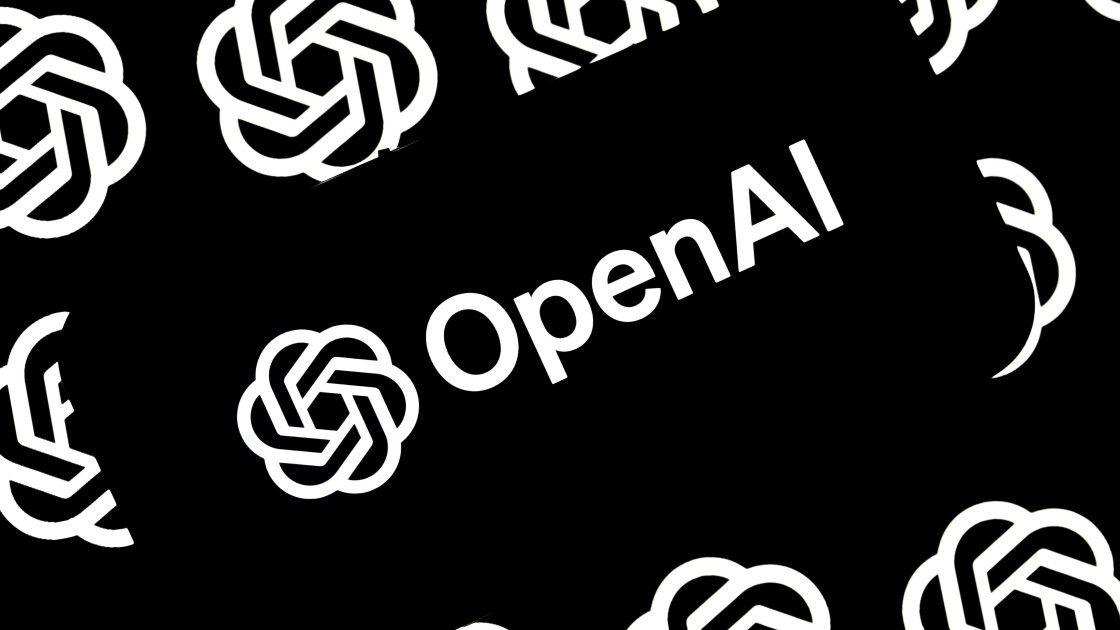Reasons for Our Legal Action Against OpenAI

## OpenAI’s Copyright Legal Troubles
OpenAI is currently facing a lawsuit from Ziff Davis, a significant media company in the United States. This legal action revolves around allegations that OpenAI has been using Ziff Davis’s content for training its AI models without obtaining permission or making any payments for this use.
### Details of the Lawsuit
According to a **62-page complaint** filed in a Delaware district court, Ziff Davis claims that OpenAI has disregarded multiple requests to cease using its copyrighted material. The lawsuit alleges that OpenAI has been actively using Ziff’s published articles to train its AI, resulting in the reproduction of exact copies and the creation of derivative works.
Ziff Davis first reached out to OpenAI in May 2024 with a request for a meeting to discuss the unauthorized use of their content, but OpenAI reportedly declined to engage in talks.
### About Ziff Davis
Ziff Davis is one of the largest digital media and internet services companies in the U.S., boasting around 45 different brands, which include popular names like CNET, IGN, Mashable, and PCMag. The company is known for producing nearly **2 million articles** a year, including **5,000 product reviews**. This wealth of content is underpinned by thorough research and expertise, making it a valuable source of information for various industries, particularly technology.
### Content Misuse by OpenAI
When users ask ChatGPT for recommendations on tech products, the model often refers to Ziff Davis sources. However, there is concern over the lack of proper attribution in these cases. This means that while OpenAI benefits from access to this curated content, the original creators—like Ziff Davis—see a drop in website traffic and potential loss of revenue.
The complaint asserts that Ziff’s material is built on extensive research and editing, underscoring the importance of fair compensation for original content creators. Ziff Davis’s content adds value to the information offered by AI platforms, yet the lawsuit highlights that ChatGPT sometimes misattributes or wrongly sources information, causing further concerns about transparency.
### OpenAI’s Defense
In response to accusations, OpenAI has positioned its usage of publicly available content as **fair use**, claiming that this practice is vital for innovation and is essential for maintaining a competitive edge in artificial intelligence, particularly in the U.S. This justification reflects a broader debate about the use of online content for AI training and raises questions about content ownership and the rights of publishers.
### Challenges of Content Scraping
To prevent unauthorized scraping of its content, Ziff Davis updated its website with a technical directive that should inform OpenAI’s web crawler (GPTBot) to stop accessing its pages. However, the lawsuit states that GPTBot continued its activities even after these protective measures were put in place.
Ziff Davis noted an increase in GPTBot activity on its sites even after the measures were implemented, indicating a disregard for the requests made to halt content scraping. The lawsuit includes evidence of this sustained scraping during critical periods when OpenAI announced the training of a new AI model.
### Other Legal Actions and Industry Response
This lawsuit is not an isolated case. Big names like The New York Times and several Canadian news organizations are also pursuing legal action against OpenAI on similar grounds. On the other hand, some major media companies have opted for a different approach, signing licensing agreements with OpenAI to use their content, including big names like The Wall Street Journal and The Atlantic.
The reaction from the media industry is one of caution and vigilance. Many organizations are closely monitoring the implications of AI technologies, especially those that could potentially undermine traditional business models. The rise of AI-generated content has sparked a conversation about fair use, copyright, and protecting the interests of original content creators in an evolving digital landscape.
### Implications for AI Development
The situation underlines the importance of establishing fair compensation models that benefit all parties involved, ensuring that quality content continues to flourish and that AI can thrive without infringing on intellectual property rights. This ongoing discussion will likely shape the future of AI development, particularly concerning how AI systems are trained and the sourcing of information.






